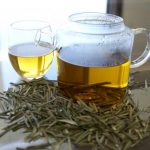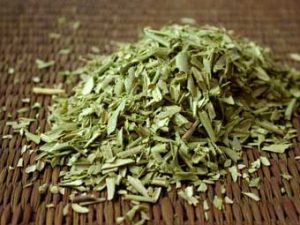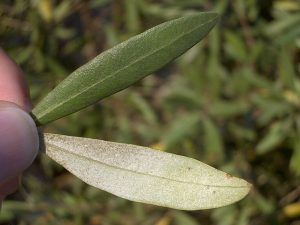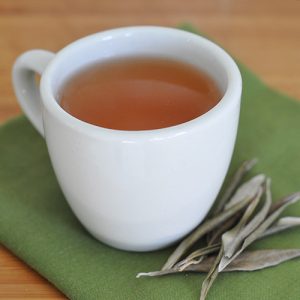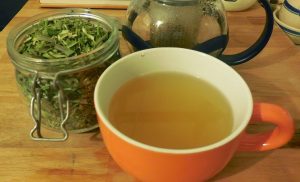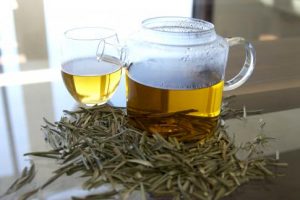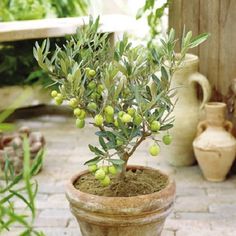Olive Leaf Tea
Olive leaf tea, as the name suggests, is prepared from the leaves of the olive plant (Olea europae). A phenylethanoid chemical compound, namely oleuropein, found in olive leaves is believed to have some antibacterial, antiviral and antifungal properties, making it conducive to provide solutions to several ailments.
History and origin
Mentioned in the Bible as a medicinal herb, olive leaf was believed to be sacred by the Egyptians and was used for the mummification process. It is also in the hands of them that olive leaf tea came into existence as a medicinal drink. Ancient Moroccan people used it for lessening blood sugar. During mid-1800 the herbal infusion was considered as a good option for curing malaria and fever. British people, used to consume a brew of olive leaves for a speedy recovery from various tropical diseases. Presently South Australia, Chile, and Mediterranean countries cultivate this plan with enthusiasm.
Olive Leaf Tea Benefits: What is it good for
Enriched with antihypertensive and antiatherogenic properties, olive leaf extract has several benefits.
Effects on Cholesterol
Oxidation of cholesterol leads to the formation of low-density lipoprotein which is harmful to health. Olive leaf enriched with hypocholesterolemic properties fights this oxidation process, helping to lower cholesterol levels.
For Diabetes
The polyphenols in olive leaf tea create hindrances in sugar production in blood. Due to its hyperglycemic effect, it helps lower the blood sugar level as well.
For Bone Formation
Olive leaf is a storehouse of oleuropein which, according to a Spanish study held on 2011, aids in forming osteoblast cells (bone constructing agent) and averting bone loss, such as osteoporosis. For diseases like arthritis and gout, olive leaf extract is good as well.
Antioxidant Properties
Olive leaves are enriched with phenols and antioxidants such as tyrosol and hydroxytyrosol, the latter one known for combating free radicals which can damage our DNA formation, resulting in fast aging of cells.
Weight Loss
According to an animal study undertaken by the University of Queensland, consumption of olive leaf tea by rats have shown an impressive result in weight loss as well as the symptoms of high blood pressure and fatty liver.
For Cancer
With its anti-angiogenesis effects, it averts the angiogenesis method (building up of blood vessels) of cancerous tumors in the bladder, urinary tract, brain and breast.
Neurological Effect
During strokes and psychological issues like Parkinson’s or Alzheimer’s diseases, our brain undergoes a massive blow. Olive extracts are beneficial to provide a positive effect on the nervous system.
For Immune System
Due to its antiviral properties, especially for the elenolic acid content, it is known to fight microbes and viruses that cause respiratory problems along with Influenza.
The tea is also beneficial for yeast infections like candida, as well as other conditions like eczema, genital herpes, chronic fatigue, dental infection, and tuberculosis. For its anti-inflammatory constituent, olive leaf is good for acne.
How to Make Olive Leaf Tea
- Add one tablespoon of dried olive leaves to hot water
- Steep for around ten minutes
- Sweeten the bitter taste with lemon or honey
Safety and Precaution
Olive Leaf Tea Side Effects
Excess consumption may lead to diarrhea, stomach irritation, and heartburn. People suffering from low blood sugar should not drink it as it may cause further lowering of blood sugar level. Also, people having allergies from olive should not consume this drink.
During Pregnancy
Although it has not been proved whether it is safe for pregnant and lactating women or not, it is advisable to consult a medical practitioner before drinking this tea.
Where to buy Olive Leaf tea
Olive leaf tea is available in both herbal tea stores and e-commerce websites as tea powder and t-bags.
Article was last reviewed on 27th July 2021
Related Articles
Leave a Reply
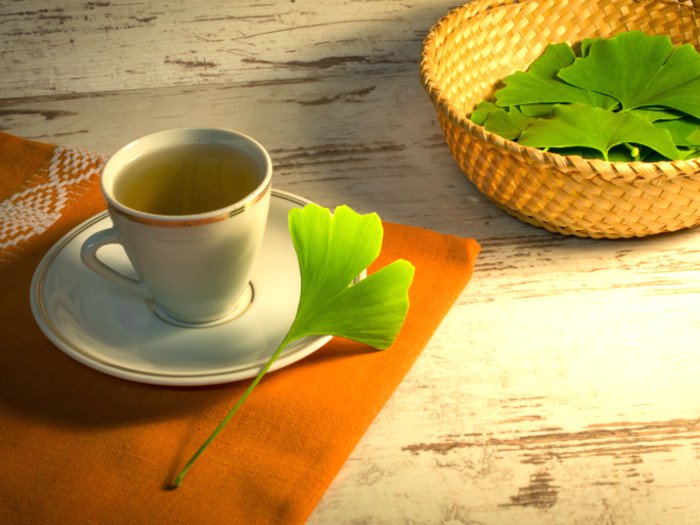
Ginkgo Biloba Tea
The Ginkgo Biloba tea is an herbal infusion obtained from the extract of the dried leaves
Read more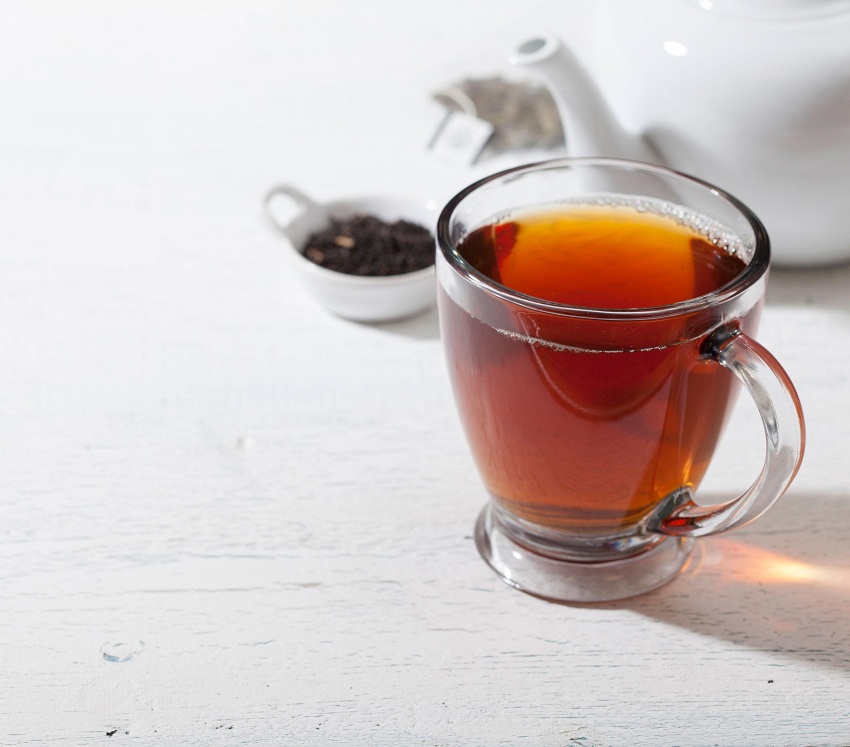
Black Tea
Black tea, belonging to the same group as the green, white and oolong teas is the most oxi
Read more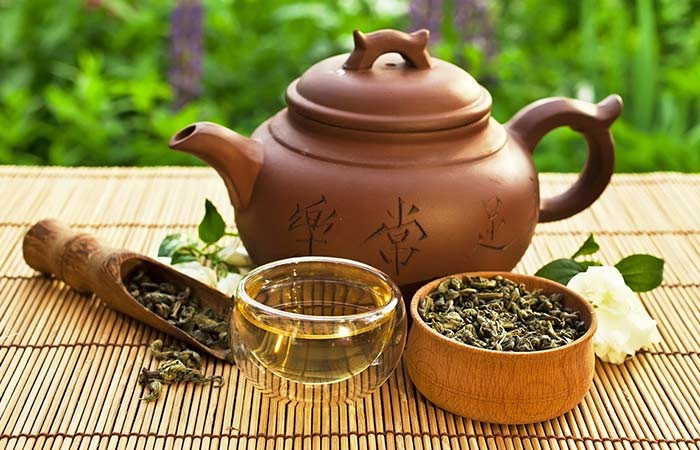
Oolong Tea
What is oolong tea Oolong, a traditional beverage of China, is prepared from the buds, st
Read more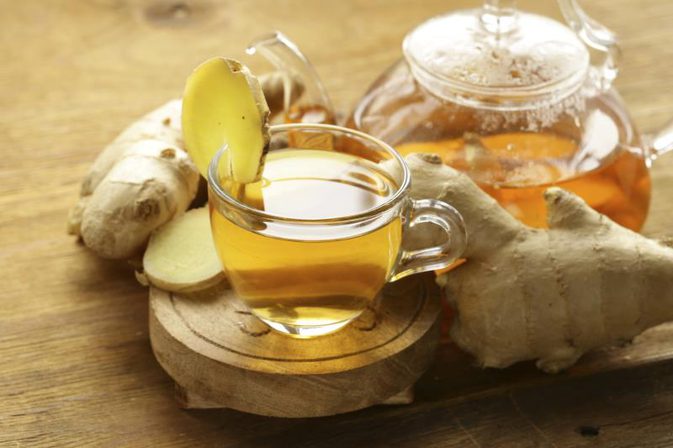
Ginger Tea
Ginger tea, prepared from the roots of ginger, is a popular herbal beverage of Asia. Becau
Read more
